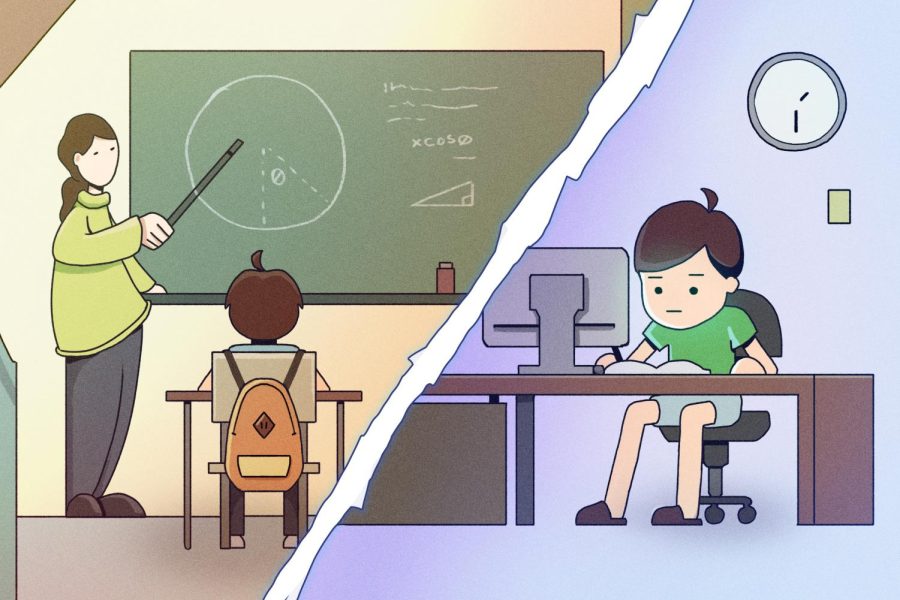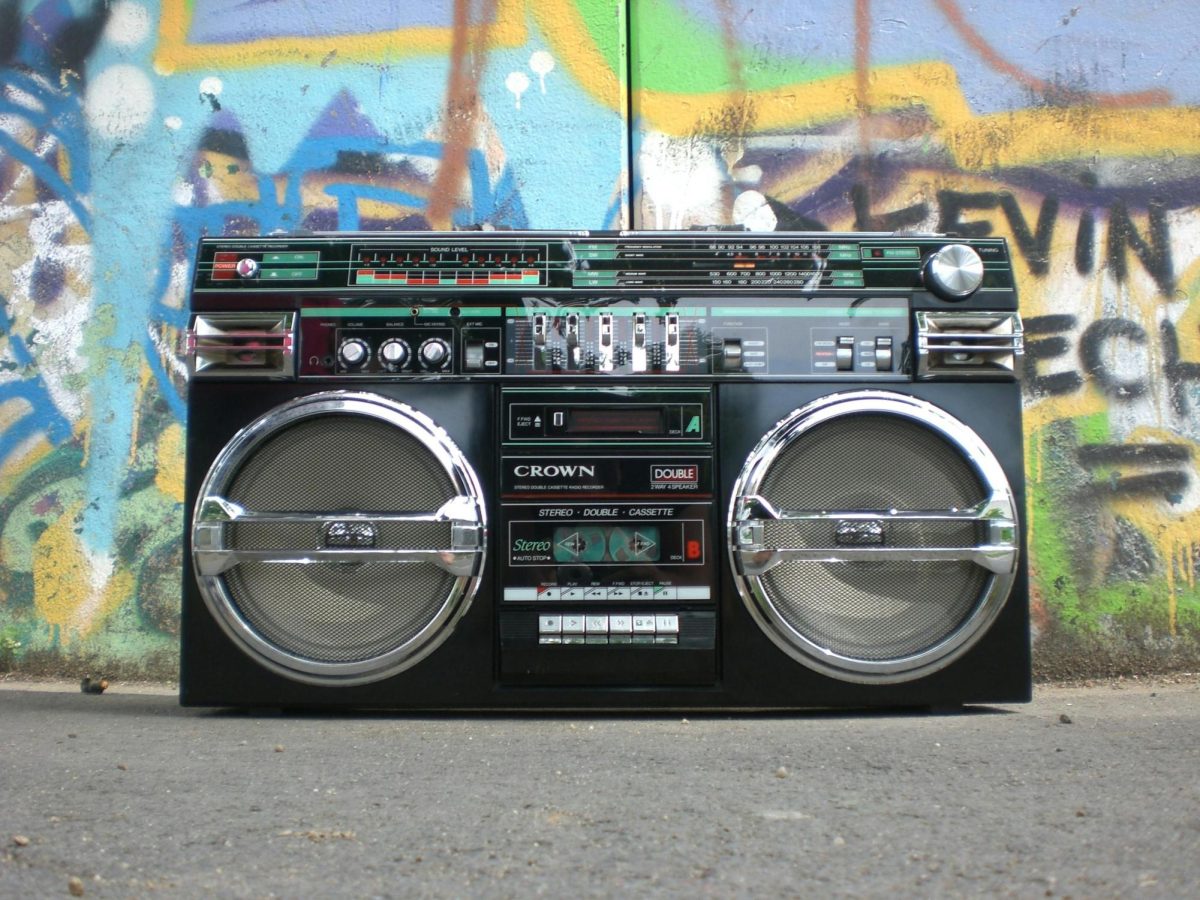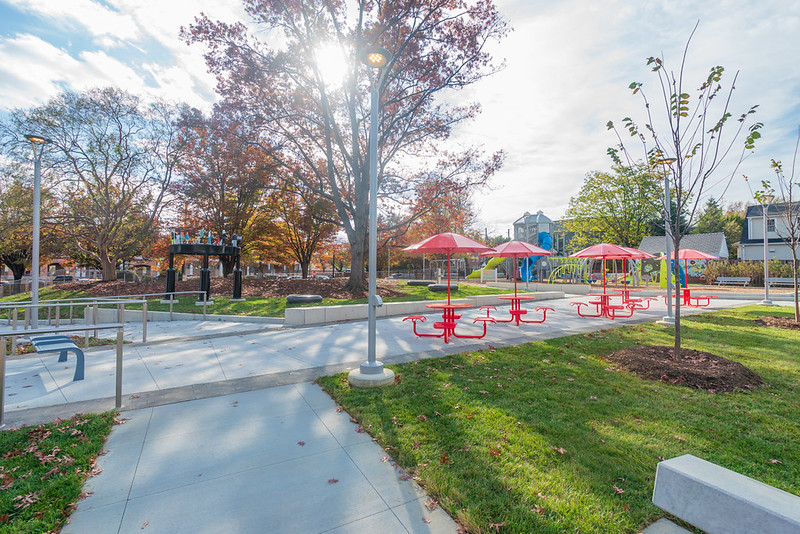An assortment of new Maryland laws, including new policies on health, transportation law enforcement and social and environmental issues, will take effect today.
Here are summaries and explanations of some of these laws.
Criminal expungement: This law allows people to expunge crime from their records if the act on which the conviction was based is no longer a crime. This could include people who were charged with possession of small amounts of marijuana before it was decriminalized in 2014.
Juvenile transfers: Every juvenile awaiting a trial with transfer eligibility will be held in a juvenile facility instead of an adult jail.
Human trafficking: If a person is charged with prostitution, but is a victim of human trafficking, they can use this as a valid defense in court.
Police body cameras: Police will now be able to record interactions with a body-worn device capable of visual and audio recording. When recording, officers must display their badges to make it clear that they are part of law enforcement. They must also notify any individuals being recorded unless they are in unsafe circumstances or physically unable to do so.
Transgender birth certificates: Transgender or intersex individuals born in Maryland can receive a new birth certificate with their prefered sex and name. The birth certificate will not show that a change has been made to either their sex or name. This change requires a recommendation from a healthcare provider and a written request from the parent or guardian of minors.
Drunk driving: Drivers with a .08 or higher blood alcohol concentration involved in car accidents that result in death of another person will have their licenses revoked for at least six months and face up to a year for subsequent offenses. Under the prior law, licenses were revoked for only 45 days.
For drivers with a .15 or higher BAC, licenses are now revoked for a one year minimum for first offenses and a lifetime ban for subsequent offenses. For non-lethal accidents, drivers under the influence of alcohol will have licenses revoked for up to 180 days depending on their number of prior offenses and level of intoxication.
School-based health centers: The Maryland Council on Advancement of School-Based Health Centers will create primary care clinics on school campuses to improve health and education of students.
Consent by minors: Teens who are 16 or older are able to consent to consultations, diagnoses and treatments for mental or emotional disorders. Health care providers can then chose to inform the minor’s parent or guardian of the treatment, with or without the minor’s consent. Teens under the age of 16, however, are not allowed to refuse any appointments or treatments that their parent or guardian has authorized.








